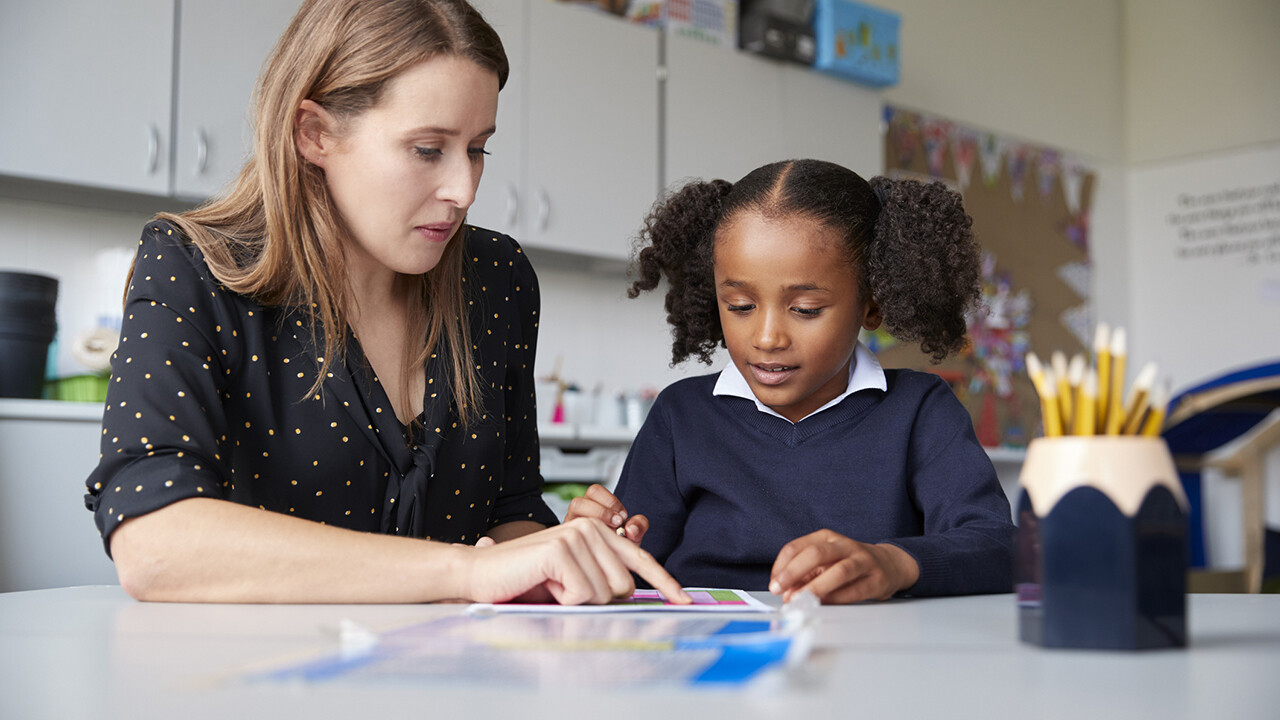Required Curriculum
Lourdes University Connections (3 credit hours)
LUC 101 College Connections
LUC 102 Career Connections – Fulfilled by EDU 100
LUC 201 Concept Connections – Fulfilled by EDU 216
LUC 202 Communication Connections – Fulfilled by EDU 251
English (6 credit hours)
ENG 101 College Composition
ENG 313 Theoretical Approaches to the Teaching of Writing
Mathematics (3 credit hours)
MTH 112 if ACT score < 22 or SAT score < 520 (except MTH 224 or MTH 225) OR a math course higher than MTH 114 if ACT score is > or equal to 22 or SAT score is > or equal to 520 (except MTH 224 or MTH 225)
Ethics (3 credit hours)
Education students meet the Core Curriculum Requirement for Ethics through an integrated approach of studying ethics for educators in five courses (EDU 100/101, EDU 230, EDU216, EDU 317/319, EDU 329).
Enduring Question Seminar (2-3 credit hours)
Capstone in the major (12 credit hours)
EDA 490 Capstone: Student Teaching Internship & Seminar Special Ed K-12
Service Learning (20 hours)
Cultural Diversity course or experience (3 credit hours)
EDU 216 Multicultural & Social Issues in Education
General Education
History (3 credit hours)
HST 121 Survey of United States History I or
HST 219 Ohio History
Literature (3 credit hours)
ENG 200 Introduction to Literature
Philosophy (3 credit hours)
PHL 101 Introduction to Philosophy
Theology (6 credit hours)
First course – one of the following:
THS 125 Foundation of Theology
THS 218 Celebrating the Sacraments
THS 220 Introduction to the Old Testament
THS 221 Introduction to the New Testament
THS 235 Survey of Catholic Belief
THS 265 Christian Ethics
THS 312 Jesus, the Christ
THS 316 The Shape and Mission of the Church
Second course – Any Theology course (Note that if THS 101 was taken as a first course, THS 105 cannot be taken to fulfill the second course requirement.)
Art/Music (3 credit hours)
ART 100 level or above AND
MUS 100 level or above
Natural Science (3 credit hours)
SCI 170 Survey of Science
Social Science (3 credit hours)
EDU 250** Educational Psychology and Human Development
Professional Education Foundation Courses
EDU 100* Foundations of Education
EDU 251 Technology & Pedagogy for Learning
EDU 216 Multicultural & Social Issues in Education
EDU 230** Survey of Special Needs Education
EDU 250*** Educational Psychology and Human Development
EDU 317 Classroom Management for Early Childhood Education or
EDU 319 Classroom Management for Middle Childhood & Adolescence to Young Adult
Intervention Specialist K-12 Mild to Moderate Strand
EIS 203 Positive Behavioral Interventions for Individuals with Exceptionalities K-12
EIS 204 Instructional Interventions for Individuals with Exceptionalities
EIS 206 Transitions & Students with Exceptionalities K-12
EDE 235** Integrated Curriculum and Instruction in Early Childhood
EIS 250 Intervention Specialist Methods and Field Experience I
EIS 304 Law & Policy for Special Education K-12
EIS 306 Assistive Technology for Special Education K-12
EDE 307 Special Education Assessment & Instructional Adaptations
EDE 315 Family, School, Community Relations
EIS 350* Intervention Specialist Methods & Field Experience II
EIS 401 Math, Science & Social Studies Instruction
EIS 402 Adapting Curriculum & Instruction in Special Education K-12
EIS 490 Student Teaching Internship & Seminar Special Education K-12
EIS 490 requires a 75-day (Approx. 15-week) field placement
Reading Strand
EDU 220 Reading Comprehension Skills & Strategies
EDU 221 Content Area Reading
EDU 324 The Role of Phonics & Foundations of Reading
EDU 335 Reading Diagnosis, Assessment, & Instructional Implications
Curriculum Content
Language Arts
COM 100 Oral Communications
ENG 101 College Composition
ENG 200 Introduction to Literature
* Field Experience Required
** Clinical Experience Required
*** Field and Clinical Experience Required


